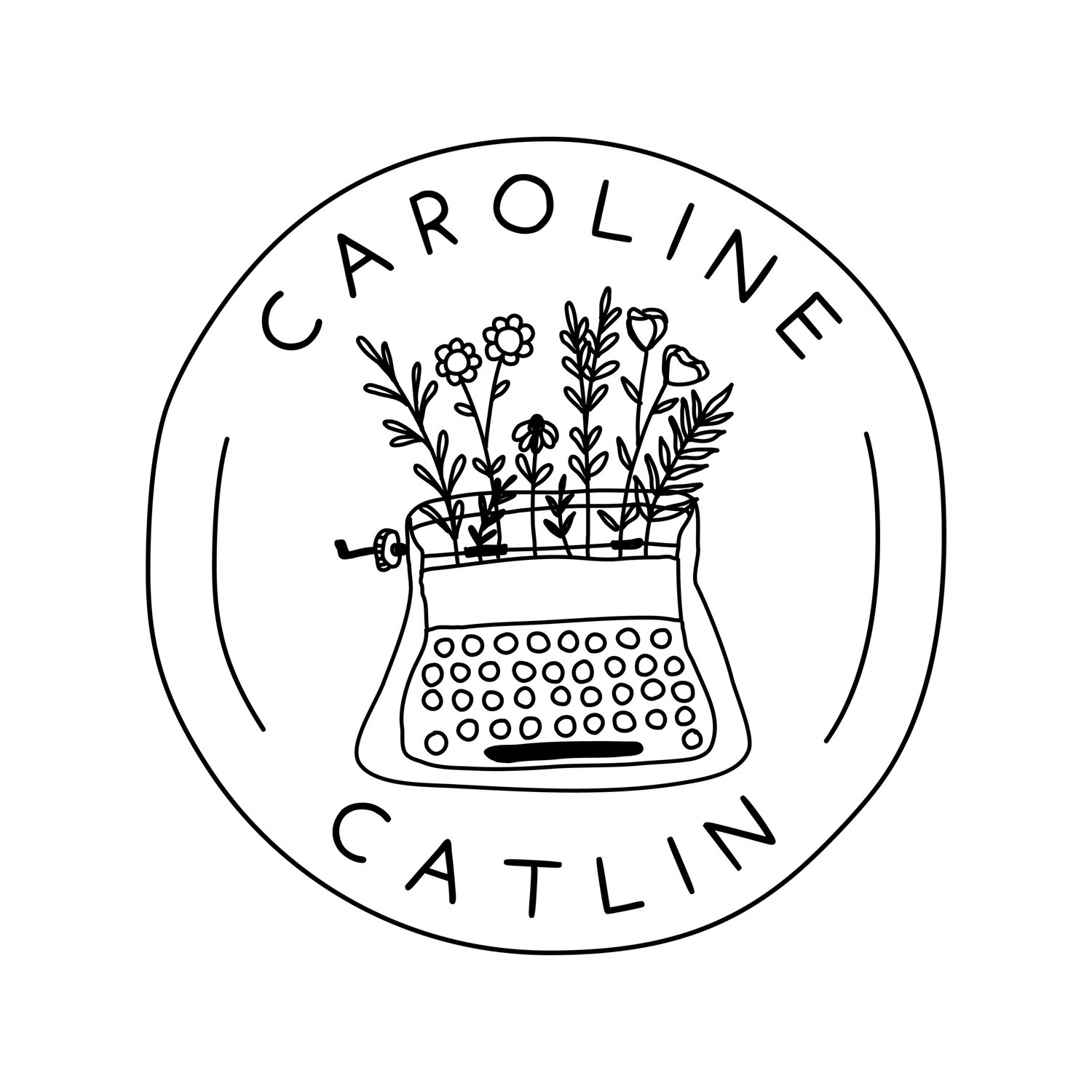brave conversations
What helps you feel safe enough to talk about grief, illness, and loss?
What do you need from the people you are with in order to feel comfortable talking about difficult things? How can you set up self care practices for yourself before or after engaging in a tough conversation?
What is one thing you do to try to feel close to the person (or thing, feeling, place) you are grieving?
Did you and your loved one share a certain favorite meal? Is there a day where, each year, you do something to celebrate and honor the person you have lost? If you are experiencing the loss of a place or thing, what helps bring you closer?
Who in your life do you know who has experienced a loss, whether it was 20 years ago or 1 year ago?
How can you show up for them in their grief this week? Are there questions you have been meaning to ask them that you have been too afraid to ask before? What are ways people have shown up for you in grief - how can you share that?
In this talk, non-death losses (such as a loss of health, a loss of clarity about the future, a loss of safety) are touched on — what is a non-death loss that you or someone close to you has experienced?
How can we do better to help these losses feel validated and seen rather than minimized or forgotten? Can you think of anything you can do to honor the non-death losses in your own life and story? What do you wish others knew about this?
what questions do you have around how to prepare yourself or your family for loss, death, or a serious illness?
Are you aware of ways to find resources around preparing for a loved one’s death, or your own death? Do you have protections in place to make sure you or a loved one are cared for in the way you want? How could you find out this info?

